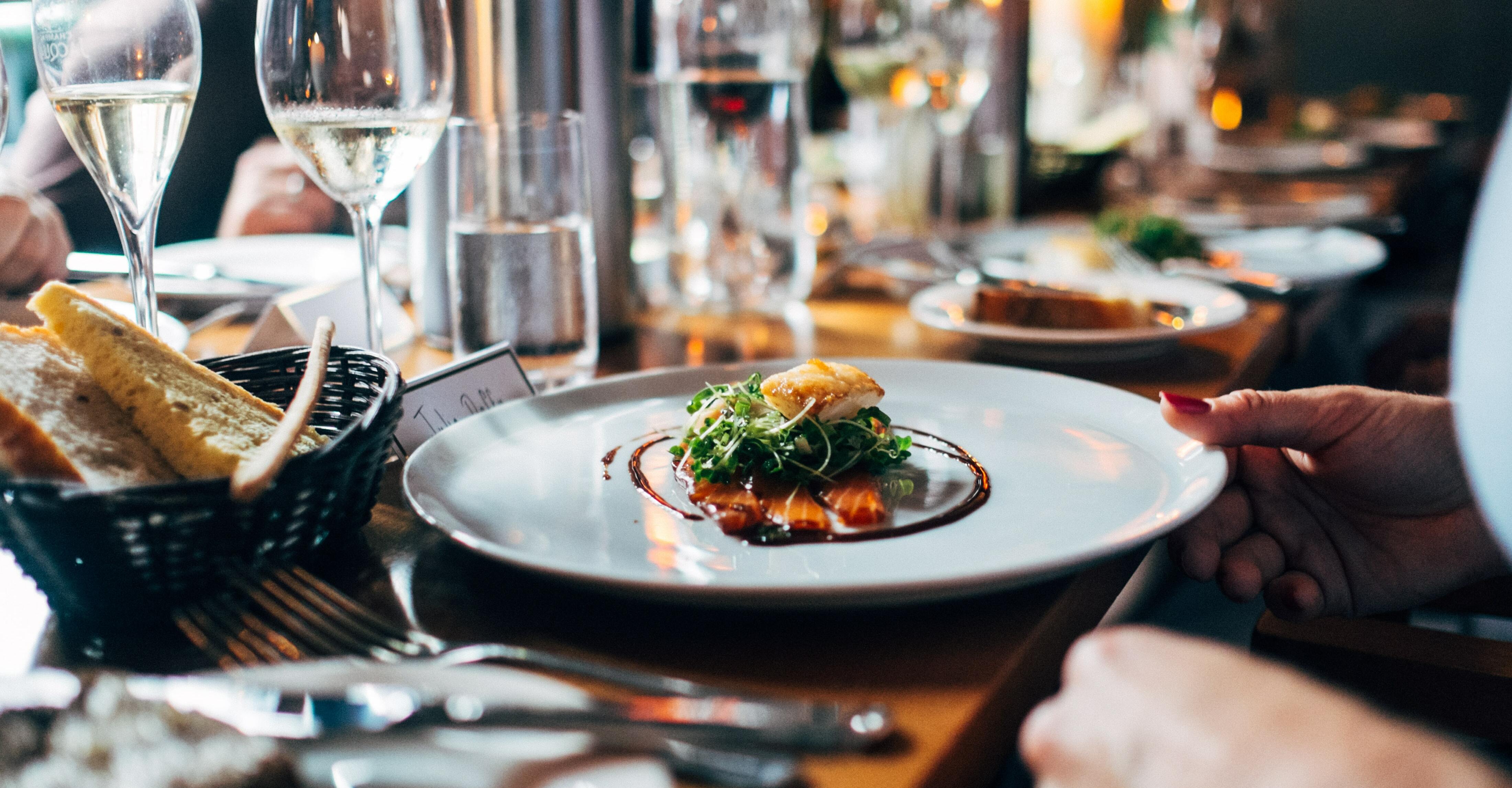
Help producers: restaurateurs told about the mood in the industry
Russian business today is going through a period of global transformation. The new anti-Russian sanctions require entrepreneurs not only to review logistics and production processes, but also to pay more attention to import substitution policy. Read about the challenges facing restaurateurs today in the article "Made in Russia".
INFATAL
Sergey Mironov, vice president of the Federation of Restaurateurs and Hoteliers of Russia, a member of the council of "Business Russia" and the founder of Meat & Fish restaurants, noted that the industry today is heterogeneous in its assessment of what is happening in the economy. "The mood varies. Some say it will be a time of opportunity, some are not so optimistic and fear that the prices of everything will go up, because of the jump in exchange rates and complicated logistics," he said.
According to him, the most alarming thing is the cost of equipment and products. "All our equipment is either imported, or Russian with imported components, or with Russian components, but made on imported machines. Today we have the equipment, but tomorrow it will slowly start to break down. Our dependence is global, but there is nothing fatal," he says.
The expert explained that there is no pessimism in this matter, because one way or another the equipment will be ordered and brought through third countries. "It will just be more expensive due to the fact that the logistics shoulder will increase and we will have to do additional customs clearance. Butitwill be. We will bring the components all the same," assured Mironov.
However, the expert noted that the situation with the products raises more questions.
IMPORT SUBSTITUTION .
The main problem concerns fruits and vegetables, Mironov believes. "There is meat in Russia. Pork, beef, chicken - everything is fine here. But we do not grow enough fruit. And what we grow, we do not know how to preserve for the winter. Our greenhouse farms also produce very few vegetables. In addition, we must understand that even those vegetables that are produced are produced using non-Russian seed. This is not a global problem either, it's not the UK that supplies us with vegetables, it's Turkey. But you have to understand that the import substitution is not complete here," he stressed.
The situation with fish in Russia is also difficult: fishing is underdeveloped, and only 1-2% of the production gets to the domestic market. "Russia is surrounded by water, we have plenty of fish, we can fully supply our country, but we remain dependent. In Kamchatka, 99% goes to Asia. For example, our restaurant runs only on Russian fish, every year buying it is a real quest. We go to Kamchatka, persuade the fishermen not to sell there. We have to appeal to patriotism, to scratch out the fish," said Mironov.
SUPPORT
According to industry representatives, in order to support the restaurant business, government assistance is needed. However, this help should be largely indirect.
So, co-owner of the club "Petrovich", "Vysotsky", the owner of a network of pubs "Six-You-Six" Igor Pisarsky believes that now it is necessary to help producers. "Various kinds of grants and subsidies are not a bad thing, but it is necessary to help not so much the restaurant business, as the producers of domestic products. We now want to launch a fairly large gastronomic expedition to search and study the preserved Russian specialties and trades. I think it should be supported", - he said.
Mironov also said that the state should pay more attention to producers. "There is an important aspect here. On the one hand, we develop and subsidize agriculture, on the other hand, we introduce a lot of different regulations: reports, inspections, regulations and other paperwork. This can be done by a large agricultural holding, but an ordinary farmer finds it difficult to deal with the paperwork. The same problem with sales. Markets are cut off for them, restaurants, except for some short, most often PR stories, also do not work with them," he said.
As for the support of the restaurant business, it is necessary to approach it in a balanced way, the expert believes. He explained that now in the restaurant business to a greater extent affects the premium segment and the middle segment. "Prices have risen, but the solvency of the population has not increased, in fact, somewhere it has decreased. Consumers have moved back to the cheaper segment, fast food. We now have a common slogan across the country to "save fast food," to replace Mcdonald's. I do not share this, because the consumer finds himself in this segment. He will suffer the least in the end. And the entire middle stratum is in trouble," he said.
Moreover, the subsidies should be distributed competently and should stimulate the whitewashing of the business, the expert said.
"Subsidies should not be based on the "wants", but on how much the entrepreneur pays taxes to the state. If he pays taxes, gives all employees, gives all white wages and pays high insurance premiums, let's give him a subsidy in the amount of personal income tax for six months. Thus, he is incentivized and motivated to keep employees and pay them a white salary," he believes.
Mironov noted that in the restaurant business today employs a large number of Russians, so it is very important to keep employees. "I think we need to equate the business to the IT industry. If you pay 7% of insurance premiums would be wonderful, it would also be a direct way to whitening. Tax collection would increase and, most importantly, employees would be employed and protected by the state", - concluded the expert.
Read current news in our Telegram channel
Made in Russia // Made in Russia
Author: Maria Buzanakova